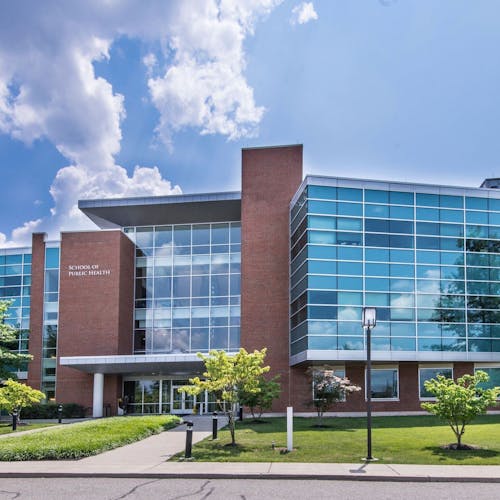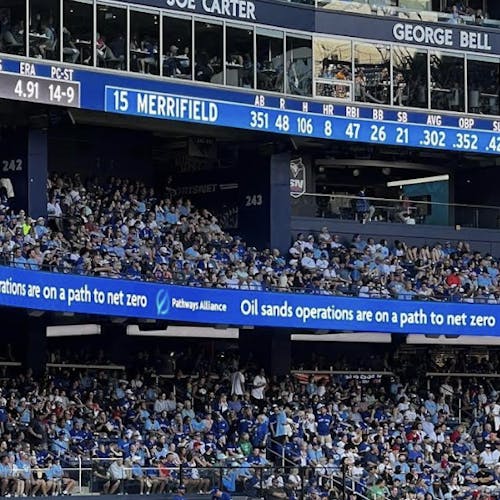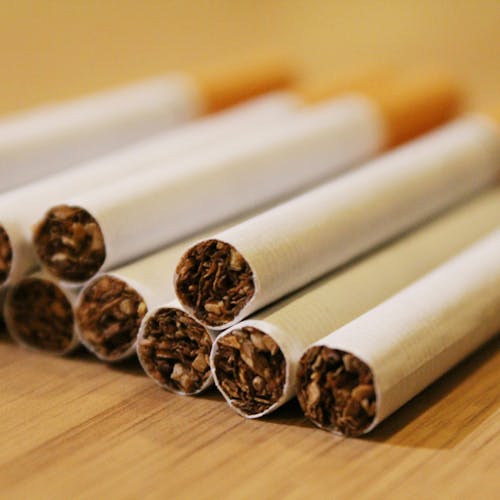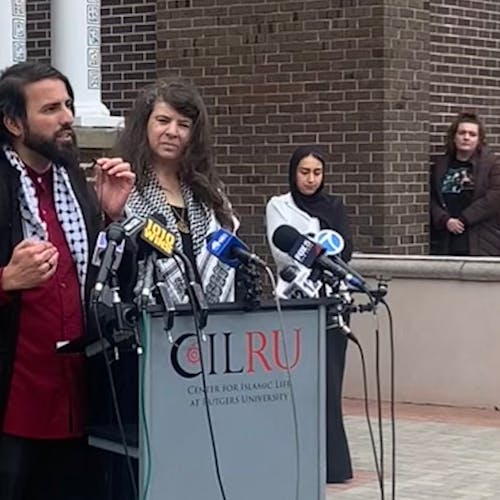Night security focuses on high-incident areas
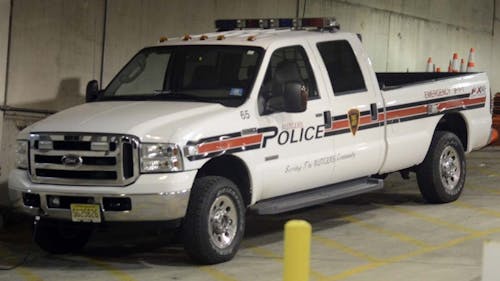
With thousands of students living on campus, the Rutgers University Police Department (RUPD) works to take specific measures at night to try to maintain a safe campus.
There are eight police officers that work every night of the week from 7 p.m. to 7 a.m., two of whom are nighttime supervisors, said Lt. Leonard Safko of the RUPD.
Out of these eight officers, at least one officer is assigned to patrol each of the campuses, said Safko, a nighttime supervisor.
"That number can increase depending on the volume of calls we get from each of the campuses," he said. "We usually get the same [amount of] calls from all of the campuses."
In addition to the police officers, Safko said the RUPD has three or four security officers on duty all seven nights of the week who are responsible for reporting suspicious activity.
"They act as our eyes and ears on campus," he said.
The security officers monitor areas on campus where incidents are more likely to happen, like Alexander Library and the Rutgers Student Center on the College Avenue campus, or anywhere else the supervisor feels there needs to be additional patrol, said Rhonda Harris, chief of the RUPD.
"They will do everything from provide escorts for people who are apprehensive or concerned for their safety, to jumpstarts for cars if someone's battery [doesn't] start," she said. "They help close the libraries and look for things that must be reported to the police."
Though Safko said the RUPD sees an increase in calls about incidents that occur on Thursdays, Fridays and Saturdays, the number of officers on duty these nights does not change.
But on these nights, the RUPD has a DUI patrol to look for offenders of drunk driving, which the state provides a grant for, he said.
There are also student community service officers, including the mounted patrol on the Cook/Douglass campus, that work in the night hours to support suspicious activity, Safko said.
Aside from the RUPD's physical presence, technology plays a big role in maintaining a safe campus and the University has invested in technology to secure buildings, which lock down automatically at a certain time, Harris said.
"[The system] allows for access control. We're moving over from the key system to swipe access on doors," she said. "Different buildings can be [scheduled] to lock down. They [can be] scheduled by users to close at any time they want."
The RUPD also has an expansive camera system with security cameras located outside of each residence hall and bus stops.
"They are strategically placed on campus so we can foresee any incidents that might occur," she said. "They are in parking garages too, places where a lot of people congregate."
Harris said the RUPD works to keep students informed about any threats to their safety through the RUAlert text message system, which was first used the evening of April 15 after Rutgersfest in response to the shooting that took place in Lot 8 by the Grease Trucks on the College Avenue Campus while many other people were around.
"You want to give notice to people when there are so many people on foot," she said. "There were 15 police officers in Lot 8 that responded to the shooting, located anyone who was injured, secured the crime scene, arranged for EMS and sent out the alert."
The alert system, which is tested twice each year, came to the University after the shootings at Virginia Tech, as all universities were then required to have one, she said.
Before that, the University only sent out crime alerts, which are sent out for situations that do not have an urgent need, she said.
"With the [crime alerts] we take the time to get more information out to students, to see if they could help identify any suspects," she said.
Molly Josephson, a School of Arts and Sciences senior, does not have as much faith in the University's technological security measures.
"I don't believe the emergency phones that connect you with the RUPD work. They aren't [prevalent] enough for students to find and use," she said. "If you want to test security, pick up a phone and see if someone answers."
Likewise, Tulsi Shah, an Ernest Mario School of Pharmacy first-year student, thinks there should be more nighttime police officers on duty.
"We have a bad reputation as a University right now and I haven't ever seen the cops around, I'm surprised it's so little," she said. "I can feel safe if I'm out late because I can call the Knight Mover. It's clear cops don't know everything that's going on around campus."
But some feel safe at night with the measures RUPD has in place.
"I feel safe, I see the crime alerts," said Ivan Chen, a School of Engineering senior. "There aren't that many incidents on campus so I feel having a few cops [on duty] is enough."
